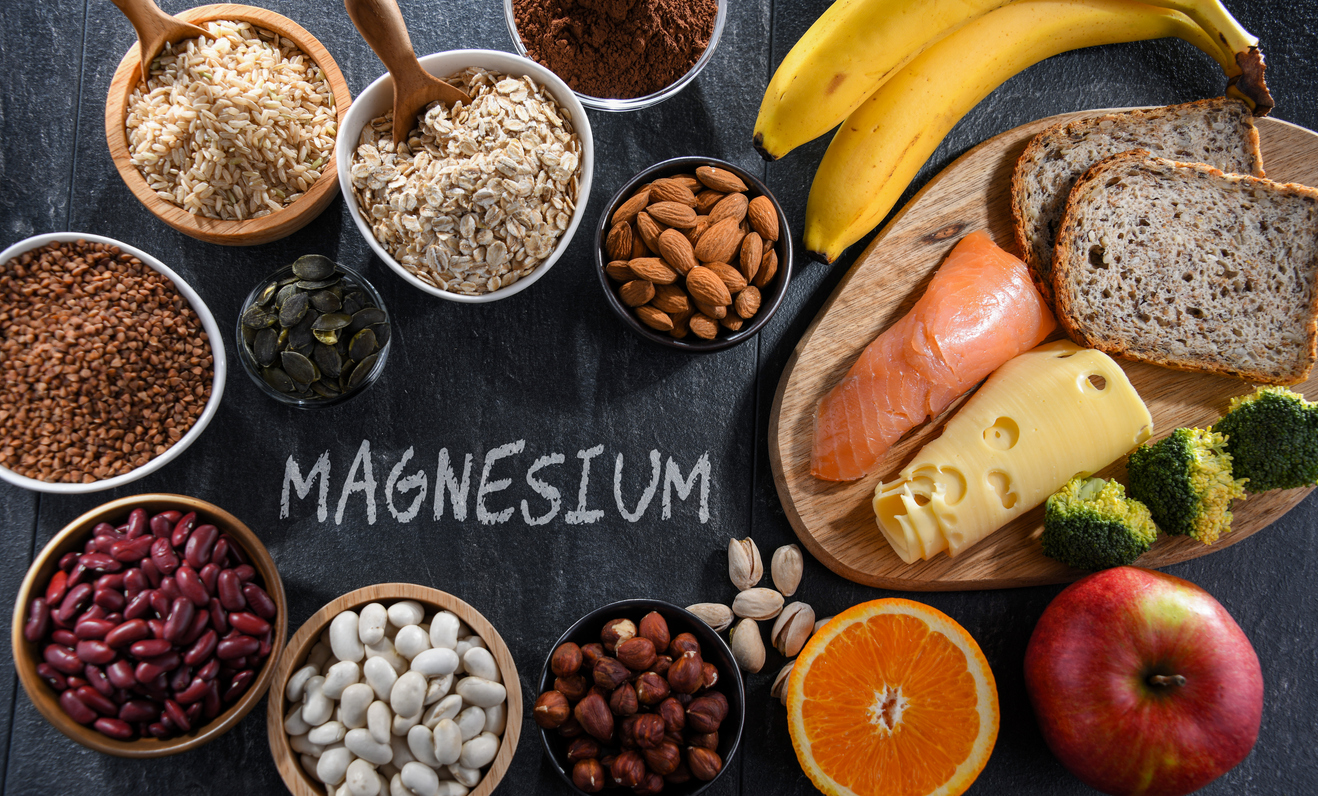Why You Should Buy Lemons from Kenya
Why You Should Buy Lemons from Kenya
Did you know that there is a global lemon crisis? Due to drought and frost in key growing regions, the cost of lemons has doubled in the last year. Furthermore, the supply of lemons has dropped by 25% because of this. In Kenya, however, things are very different. Lemons from Kenya are much cheaper than those grown elsewhere. The price of lemons here is so cheap that you can buy them by the kilogram instead of individually priced pieces as you would have to do with those grown elsewhere. Why is this so? It’s because Kenyan soil and climatic conditions are perfect for growing lemons. In light of this information, why wouldn’t we buy more lemons from Kenya? Let’s find out why buying Lemons from Kenya makes sense:
Why You Should Buy Lemons from Kenya
People sometimes cite the high cost of Kenyan lemons as a reason not to buy them. But if they’re produced locally, they are going to cost less than imported lemons. The high cost is due to the cost of transporting the lemons and other overhead costs of growing the lemons in Kenya. However, if we avoid imported lemons, we will reduce these costs. The next reason to buy Kenyan lemons is that there is an abundance of them. This is because Kenyan soil is perfect for growing lemons, and the lemons grow so quickly that there’s more than enough supply. Not only are Kenyan lemons cheaper and more abundant, but they are also easier to peel. This is because the soil in Kenya is less acidic than soil elsewhere. Without the need to add lemon juice (or baking soda) to the water, Kenyan lemons are easy to peel.
Kenyan lemons are easier to peel
The skin on Kenyan lemons is thin and porous. This means that the pith (the white part between the lemon skin and the flesh) is not as thick as it is on lemons that are grown in other parts of the world. This means that you can remove the lemon peel with a spoon instead of having to use a knife to cut it off. The porous nature of the skin also means that the flesh is more easily released from the skin. Once again, there is no need to use a knife to cut it out. Simply use a spoon to dislodge the flesh from the skin.
Kenyan lemons are blemish-free
Even if you are using organic lemons, there can be random blemishes. But if you buy organic Kenyan lemons, you can be sure that your lemons are blemish-free. This means that you can use the entire lemon instead of throwing away the skin and pith. This is great news for those who love their lemon water and lemon juice. It’s also good for those who may be trying to cut down on their sugar and calories. You can add lemon pith to your water for a fresh and bitter taste.
By buying Kenyan lemons, you support the local economy
The people of Kenya are growing lemons and other citrus fruits. And they are doing so as organically and sustainably as they can. As consumers, we can support the Kenyan economy by buying their lemons. This is particularly important given that the global lemon crisis is driving up the cost of lemons. This means that the only way to make lemonade is to use Kenyan lemons. If we buy Kenyan lemons, we can enjoy our lemonade at a lower cost.
Conclusion
The global lemon crisis is driving up the cost of lemons. Consumers are being forced to pay more for their lemon juice, lemon water, and other lemon-based drinks and dishes. Fortunately, consumers can buy lemons from Kenya to make their lemonade cheaper. The soil and climatic conditions in Kenya are perfect for growing lemons, which are cheaper and more abundant than those grown elsewhere. Buying Kenyan lemons also supports the Kenyan economy. This is important given the global lemon crisis. Now that you know why you should buy lemons from Kenya, go ahead and enjoy your lemon water and lemon juice!







LEAVE A COMMENT
You must be logged in to post a comment.